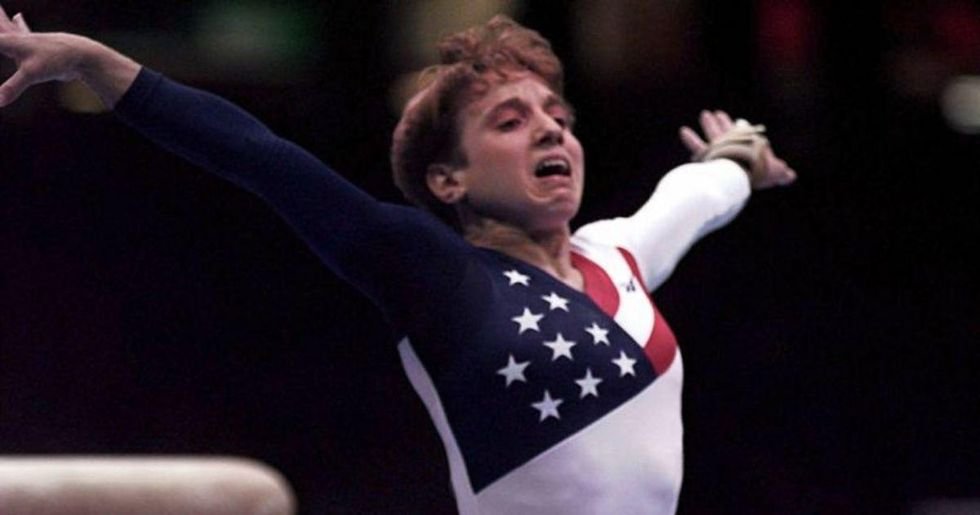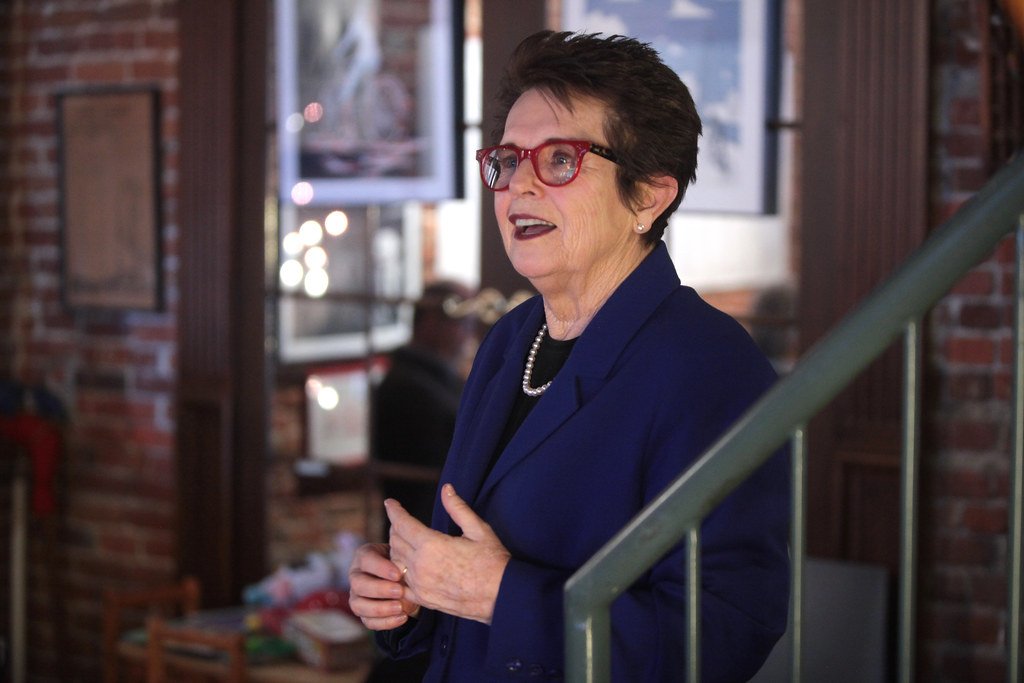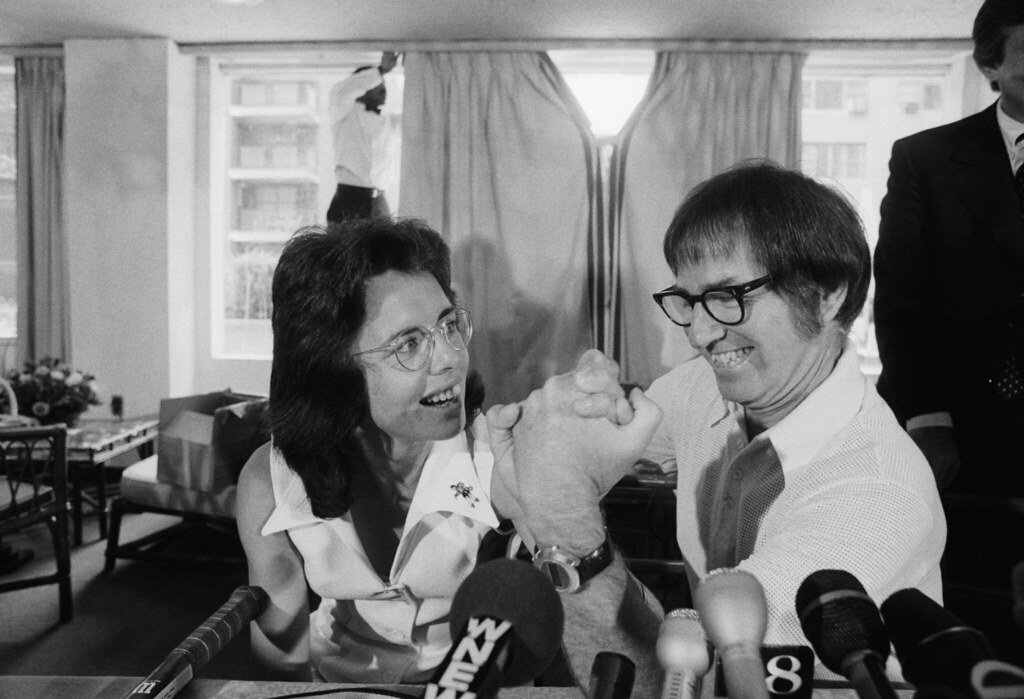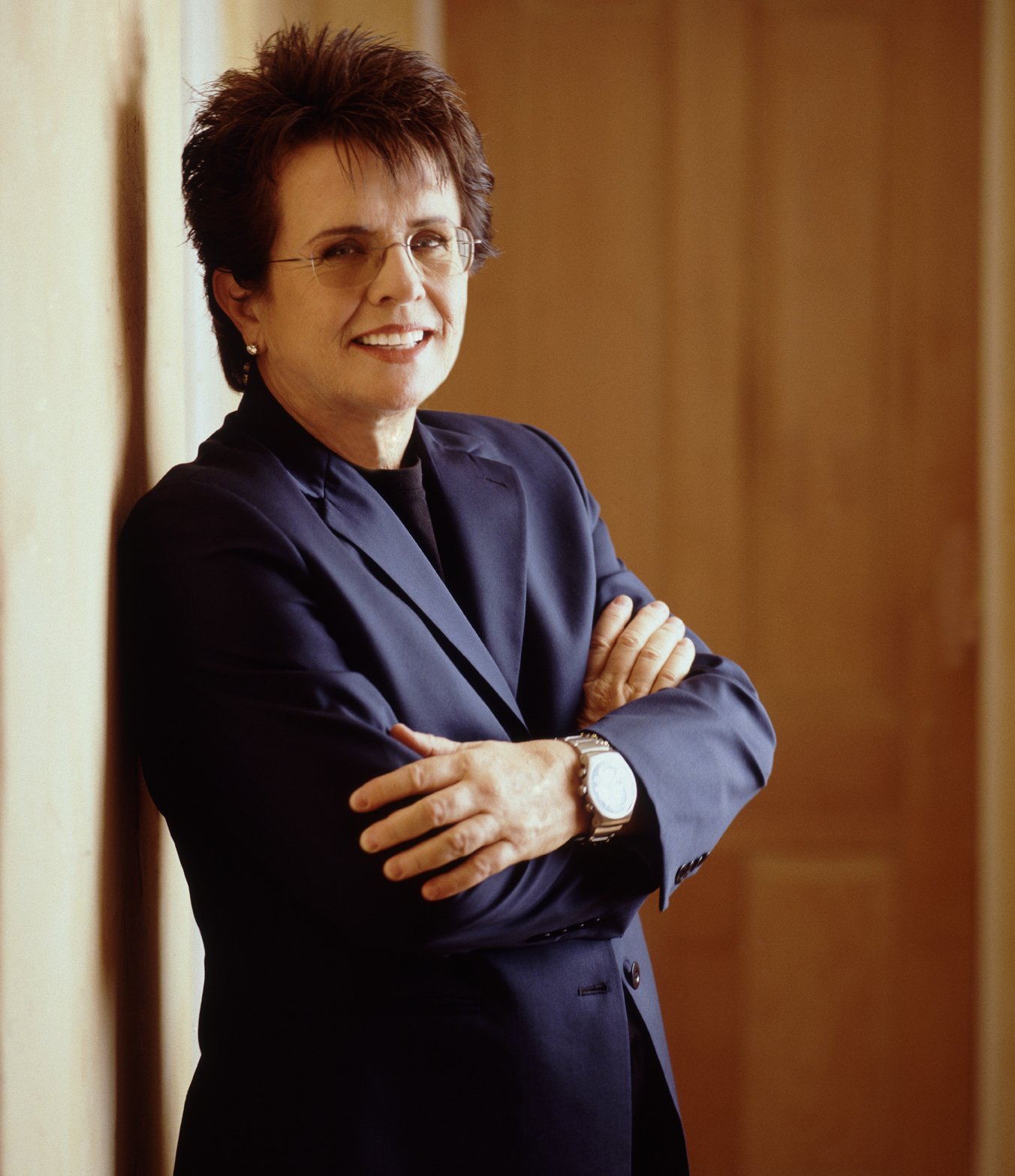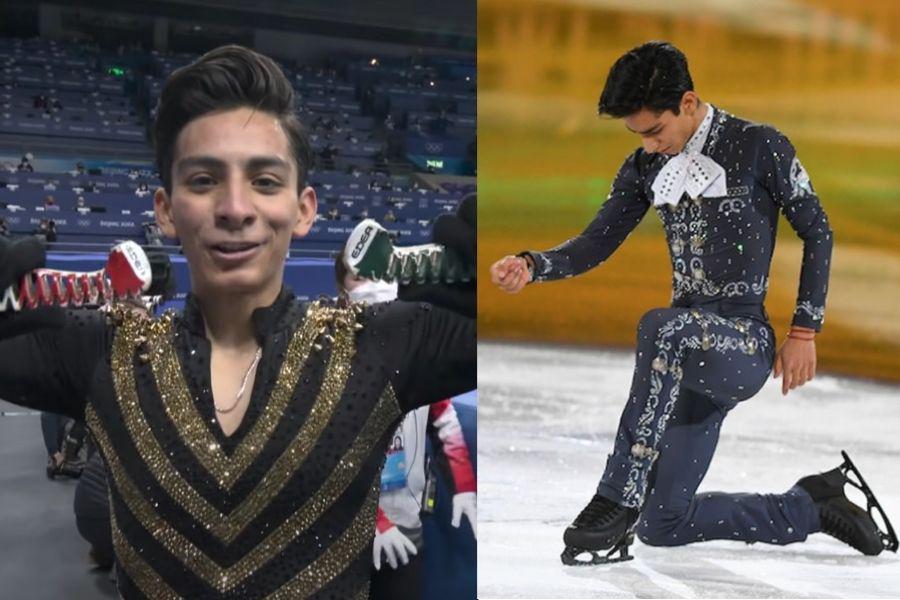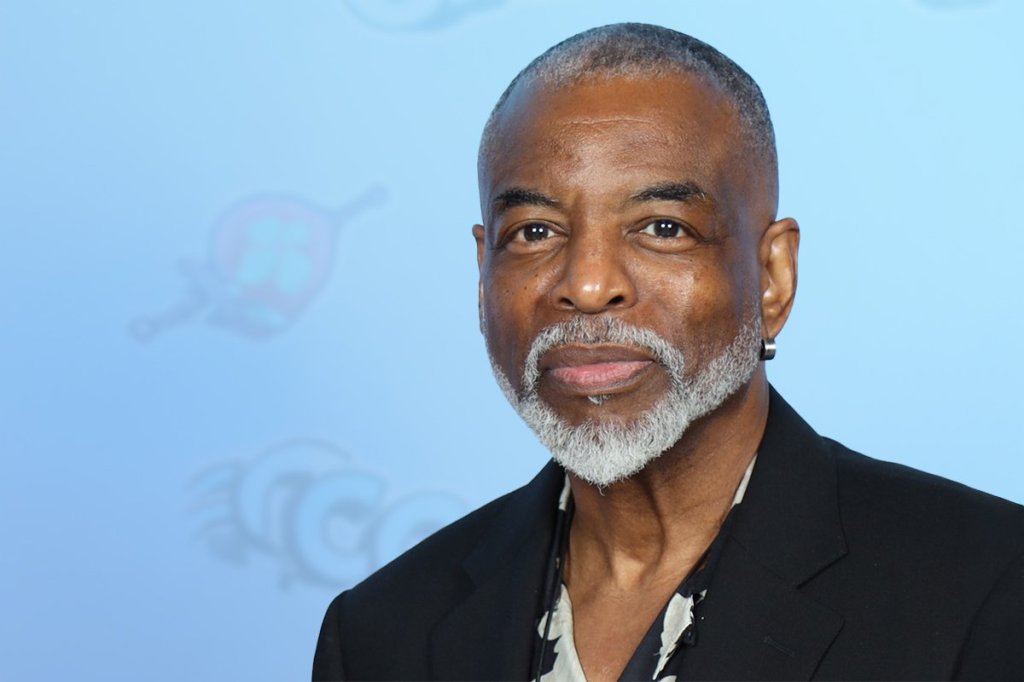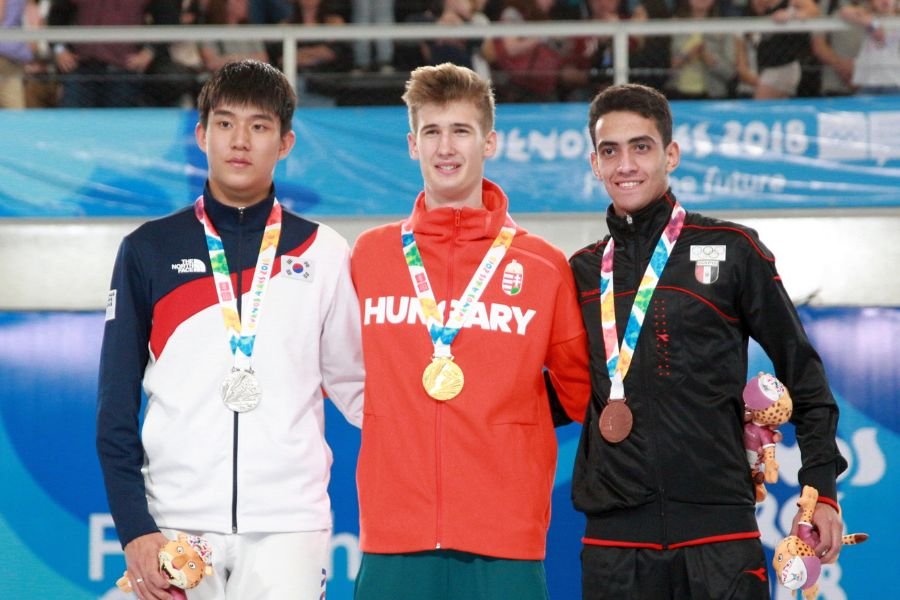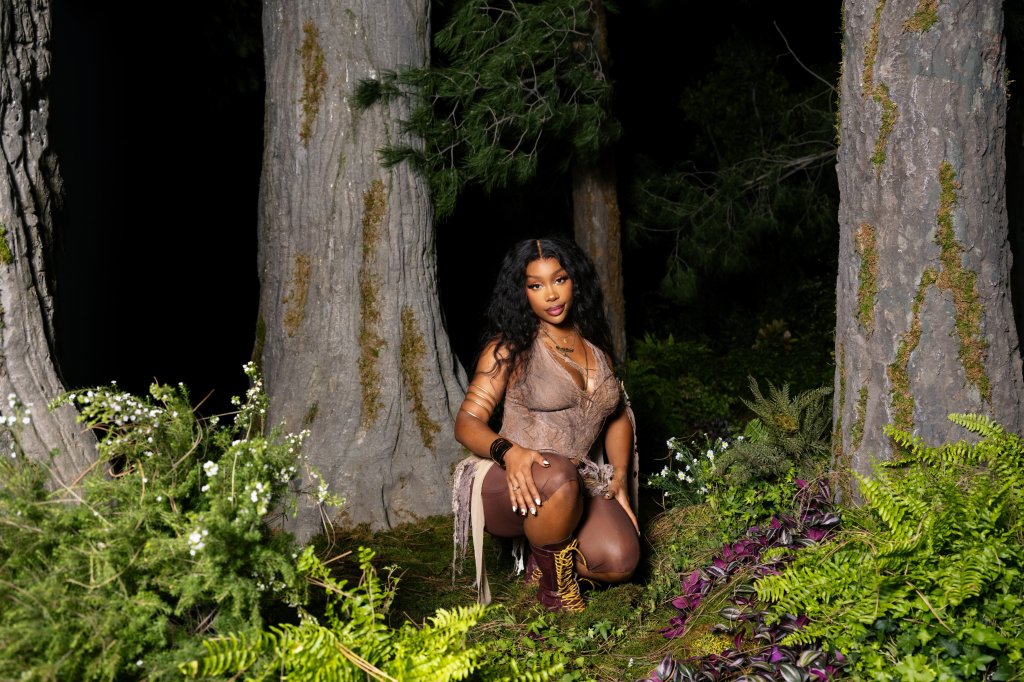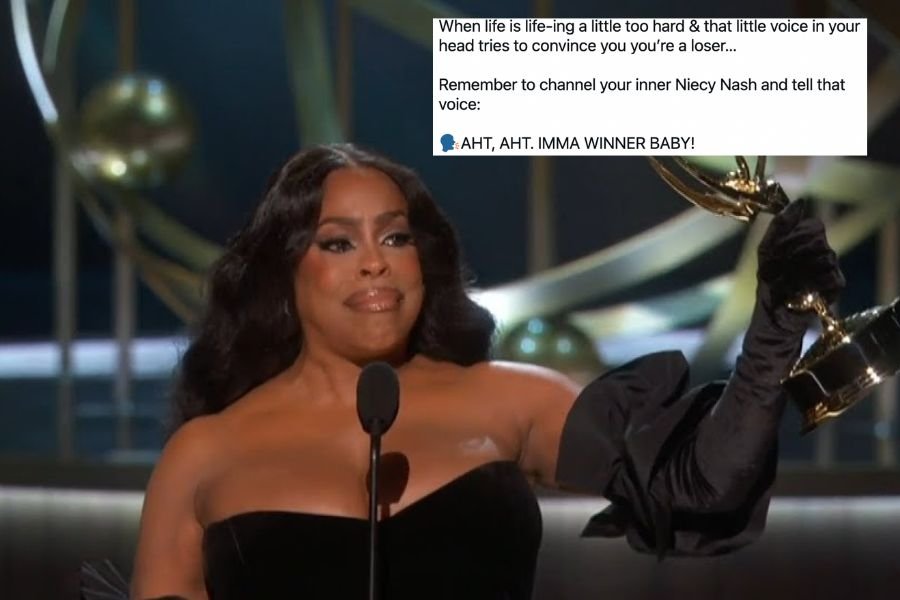When world champion gymnast Simone Biles opened up out about her struggles with mental health after dropping out of the Tokyo Olympics last summer, the world heard something we rarely hear from superstar athletes: I’m human, too.
It’s easy to see someone who excels at the top of their field, doing things no one has done before, as superhuman. We even use that word to describe their feats sometimes, but it’s important that we remember every person is a complex mix of mind, body and spirit. We know it takes an enormous amount of resilience and mental fortitude to make it to an international podium in any sport, but no one is immune to mental health ups and downs. And the top of the podium is sometimes where athletes feel those ups and downs the most intensely.
At 21, Chloe Kim just won her second Olympic gold medal for the U.S. in the snowboard halfpipe at the Beijing Olympics, becoming the first woman to take home back-to-back gold medals in the sport. But after she won in PyeongChang in 2018, she began to question if it was all worth it. In fact, at one point, she even threw her first gold medal in the trash at her parents’ house.
“I hated life,” Kim told TIME. International fame had hit hard and fast. At 17, despite being known as a prodigy in the snowboarding world, Kim was used to living a normal teenage life. Suddenly, going to her favorite bakery to grab a bite to eat became an ordeal.
“The minute I come home, I can’t even go to my goddamn favorite place,” Kim said. “It makes you angry. I just wanted a day where I was left alone. And it’s impossible. And I appreciate that everyone loves and supports me, but I just wish people could understand what I was going through up to that point.”
She did fish her medal out of the trash, but the mental toll of high-pressure competition and overnight fame remained.
And it wasn’t just having all eyes on her that was the issue. Some of those eyes were accompanied by mouths spewing anti-Asian hate her way.
“I experience hate on a daily basis,” Kim wrote in an ESPN op-ed last April. She shared that she sees maybe 30 hate-filled messages a day, such as “You dumb Asian b—-. Kiss my ass.“
Kim wrote that when she won her first X Games medal at 13, she started hiding parts of her identity—like the fact that she speaks Korean fluently—after people belittled her accomplishment because she’s Asian. She felt embarrassed by her heritage due to people’s responses, but now she feels guilty about how disrespectful that was to her dad, who came to the U.S. to give his family a better life.
In a recent powerful video produced by P&G Everyday, Kim shared the role her father played in helping shape the confidence and determination to become the Olympic champion she is today.
Being in the spotlight at such a young age put her in an uncomfortable position in dealing with the racism that came her way, both internally and externally.
“I was expected to speak up and be an activist,” she wrote. “It was a lot of responsibility. I still don’t know how to talk about all of this. It’s difficult to talk about these things. In snowboarding, all my friends are white and no one had these conversations.”
In addition to—or perhaps because of—the racism, the sudden fame and burn-out from competition, Kim felt “an emptiness” after her gold medal win in PyeongChang. That’s when she decided to take a break from snowboarding to go to college at Princeton in the fall of 2019.
She couldn’t escape her fame, however, and the first part of the semester was rough. She’d frequently call home crying. Soon she started making friends who didn’t know much about her, which helped broaden her own horizons. Her time at Princeton also allowed her to see other driven, talented people struggling to succeed—and sometimes failing—which was good for for her, she told TIME.
“Everyone around me was falling apart when it came time to do an exam,” Kim said. “It’s a sh-t show. People are hiding away in the darkest part of the library until 3 in the morning, and then coming out like zombies at 7 and doing it all over again. That was great. It was just like, ‘I need this. I need to see other amazing people fall apart.’”
After the pandemic hit and in-person classes were canceled, Kim returned to snowboarding—and embraced therapy for her anxiety.
“It’s been a big improvement in my mental health,” she told Shape magazine. “I’m learning to open up more and communicate my feelings with people around me.”
And that’s part of what makes Kim’s victory in the Olympics so significant. It’s an inclusive victory for countless millions who work to overcome adversity, mental health challenges and the rigors of everyday life. Very few of us will stand as Olympic champions but we can all appreciate Kim’s incredible journey as a person deserving of respect.
“Now I am so proud to be Korean American,” she wrote on ESPN.com. “I was nervous to share my experiences with racism, but we need to hear more about these conversations. I’ve received so many messages from people saying they are inspired by me sharing what I’ve been through and that makes me feel hopeful, and like I can still do so much more.”
Thank you Chloe Kim. Spoken like a true champion.





